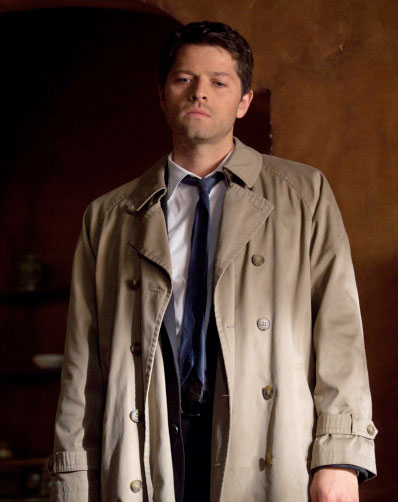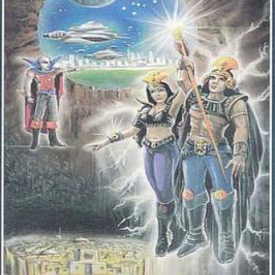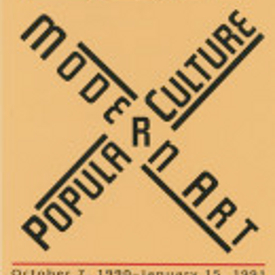Not long ago I started rereading the Moon is a Harsh Mistress by Robert Heinlein. It’s an interesting book, but the thing that really struck me when I read it was the startling amount of exposition. Exposition is the portion of the story that introduces important background information into the story. Sometimes it takes the form of characters stating something they both already know each other so the reader will be aware of it.
Exposition isn’t always a bad thing, but it’s something that needs to be handled carefully because too much exposition can get in the way of the action. If you’d like to see a practical example of that in movie form, rent Airbender. I don’t recommend buying a copy because there is so much exposition it makes the movie completely unwatchable. These problems are worst in the movies when they try to take a book or even multiple books and shrink the plot to fit within the confines of an hour and a half of movie time.
I think that exposition if particularly a problem for writers of Science Fiction and Fantasy, because they are frequently creating worlds very different from our own, which means they need to let the reader know how different their world is. Sometimes conveying all that information in an interesting way can be quite difficult.
Frequently exposition takes the form of information dumps in between chapters. It may look like a news story or something of that nature. Heinlein would frequently break from the action to describe at length what his characters were thinking and I actually found it pretty distracting this time around, but I don’t remember it bothering me as much before.
William Gibson evidently described “world-building” as being one of the main problems to avoid, and he decided that the modern world is moving so fast today that Science Fiction is happening all around us. Though Neuromancer was a work of science fiction in a harsh future, his latest novels have been set in the world of today so that the reader can put themselves directly in the action and very little exposition is required. He has gotten some of the best sales of his career by selling books which seem to be set in our own world, but he still spends a great deal of time showing how technology effects our culture. By doing this, it’s much easier for him to bring the reader into the story.
In Pattern Recognition for instance, the plot revolves around chat rooms and the internet and that’s it.
Of course, if world-building is done well enough then that world can be a very comfortable place for readers to go to, and it may really help the story. A well-built world can become a place that fans like coming back to. But I think that it is wise to remember that exposition takes readers away from the action, and done badly, it’s ruined a lot of books.











1 Comment